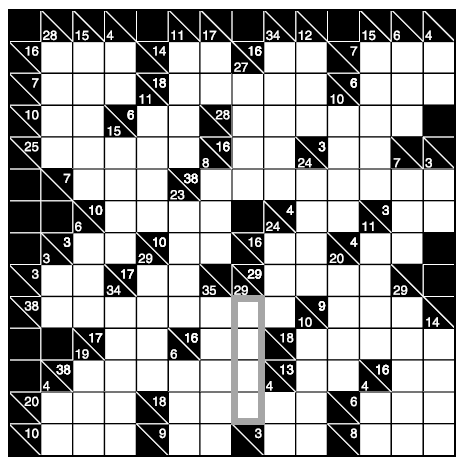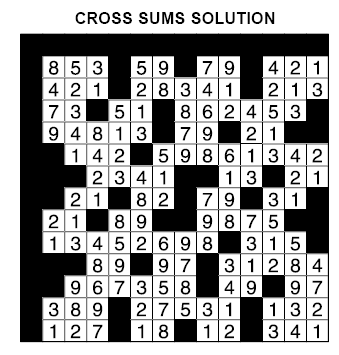

Due: January 22nd 2015 by 11:59 pm
Revisions History:
Created Dec 30, 2014
Added more recursion examples. See RecursionExamples.
Assignment Goals:
Implement a class called Team that represents a team that plays other teams in a league. Each Team instance should keep track of its name, and the number of wins, losses and ties in the current competition. Thus a Team object has four protected or private fields or instance variable:
name of type String
wins of type int
losses of type int
ties of type int
Implement a class called League that represents a group of teams. Each League instance should keep track of the number of teams in the League, the teams themselves, and its name. Thus a League instance has three protected or private fields (instance variables):
name of type String
size of type int
teams an array of Teams
For the Team class, implement the following instance methods:
public static void main(String args[]) {
Team teamA = new Team("Ottawa Senators");
Team teamB = new Team("Montreal Canadians");
//simulate the playing of two games
System.out.println(teamA.getName() + " just beat " + teamB.getName());
teamA.setWins(teamA.getWins() + 1);
teamB.setLosses(teamB.getLosses() + 1);
System.out.println(teamA.getName() + " just tied " + teamB.getName());
teamA.setTies(teamA.getTies() + 1);
teamB.setTies(teamB.getTies() + 1);
//Now print out some statistics
System.out.println(teamA.toString());
System.out.println(teamB.toString());
System.out.print("The " + teamA.getName() + " have ");
System.out.print(teamA.totalPoints() + " points and played ");
System.out.println(teamA.gamesPlayed() + " games.");
System.out.print("The " + teamB.getName() + " have ");
System.out.print(teamB.totalPoints() + " points and played ");
System.out.println(teamB.gamesPlayed() + " games.");
}
}
Kakro, also known as cross sums, is a recent puzzle craze. You can find Kakro puzzles in a number of newspapers and on the web (See here or here for example).. These puzzles look a bit like "math based" crossword puzzle. The numbers, that appear in the black margins, represent the sums of the digits that you will insert into the empty squares. A number above a diagonal line refers to the empty squares to the right of that number, and a number below a diagonal line refers to the squares below that number. No zeros appear in the puzzle, and no digit is repeated in a particular number. An example taken from the Dell Magazine Cross Sum page is given below.


a) Create a java class called Kakro to represent a puzzle. I should contain at least the following public methods:
b) Now comes the interesting part! Add to your Kakro class a method called solve(int location) which uses recursion to complete a Kakro puzzle. To solve the puzzle use a brute force recursive method that tries all possibilities. The key recursive routine might look something like this:
solve(int location)
If location == gridSize // puzzle has been solved
display();
return true;
else
Check each integer v between 1 and 9
if v is OK in location //meaning that row, col and no duplicates conditions are met
set location to v
return solve(nextEmptyLocation(l))
else return false
If you are unsure of how to go about designing a recursive enumeration you might want to look over the Maze_Search program and the Sudoko program.
c) Augment your program so that it reports timing statistics. If we call a Trial testing a single integer at a single location, how many trials per second does you code make. Show the output of your timing results in your testing.
d) Will your code always find a solution? Argue why or why not.
e) Using big-oh notation describe the complexity of your method.
Be sure follow all of the code craft requirements carefully! Be sure to do sufficient testing!
Extend your League of Teams application to support Round Robin Scheduling of a competition among the teams in a league and a simulation of a completion.
You should add to your League class a method called scheduleCompetition() which creates a competition object that holds a two dimensional array of game objects where a game object holds two teams. scheduleCompetition() should first reinitialize to zero all win, loss and tie records. The schedule it creates should be a round robin schedule. See here for a description of how to create such a schedule. You can assume that there are enough fields so that all the games in a round can be played simultaneously. You may also assume that there is an even number of teams.
You should also create a simulation method called simulateCompetition() which "plays" all games in each round of the competition deciding each game using a random number generator.
Lastly, you should create appropriate toString and display methods to display the result of a competition.
Note: No late assignments will be accepted.